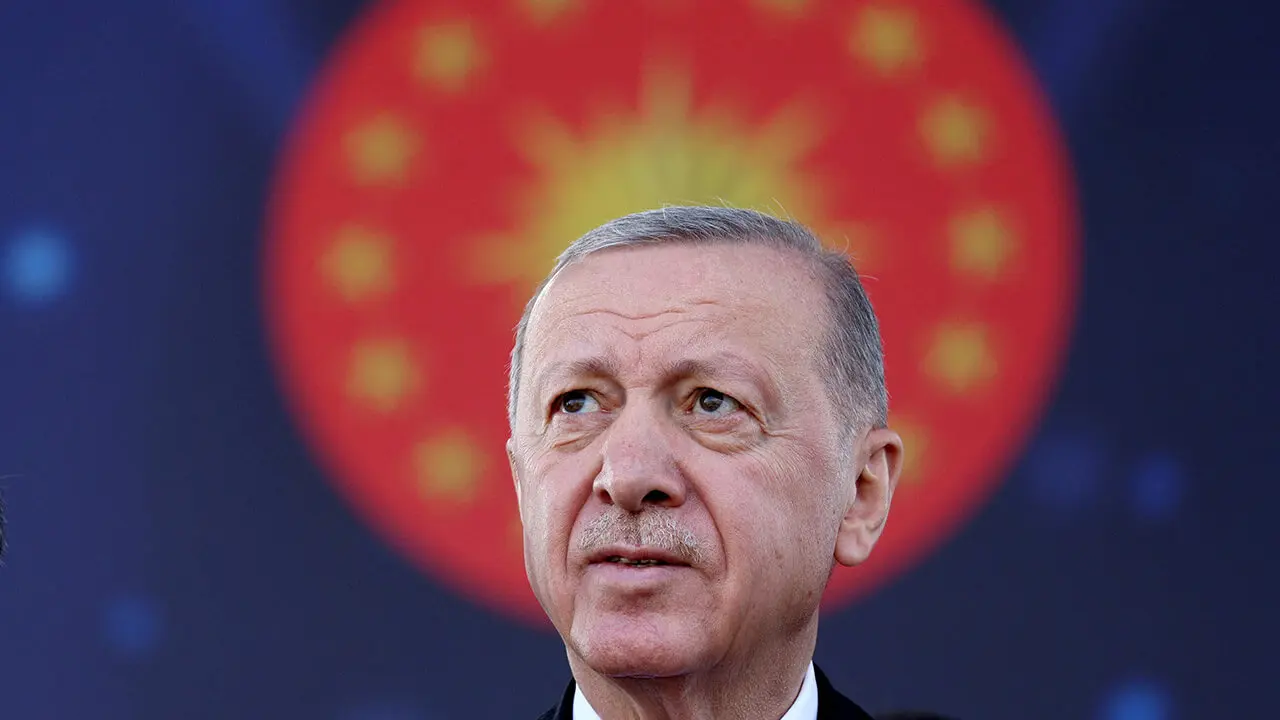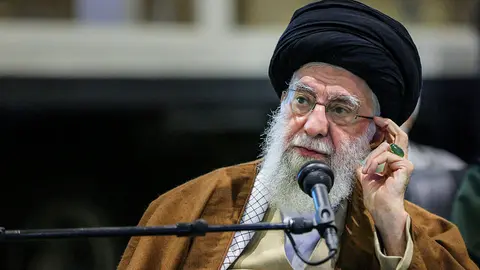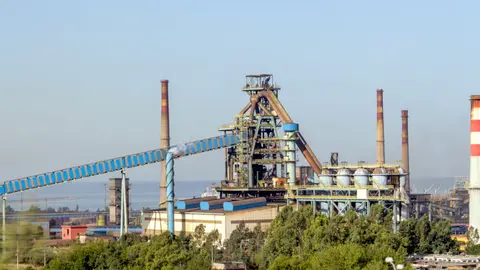Qatar and Turkey take positions in Syria

Qatar and Turkey are making moves after the fall of Bashar Al-Assad in Syria, becoming the first countries to send delegations to the country to establish ties with the new government.
The Turkish delegation included Foreign Minister Hakan Fidan and intelligence chief Ibrahim Kalin, while Doha was represented by Khalfan bin Ali bin Khalfan Al-Batty Al-Kaabi, head of the State Security Service. Both delegations were accompanied by ‘advisory teams’, according to a statement from Syria's interim Ministry of Information.
Turkish Intelligence Cheif visited the Old Mosque of Damascus during his visit to Syria's capital, while his Qatarian counterpart is also a part of the meeting. Turkey and Qatar had no contacts with Assad regime since the start of the war. New times in the region https://t.co/U3TtHq2MRo pic.twitter.com/03fjERFhGR
— Guy Elster (@guyelster) December 12, 2024
Both countries have supported anti-regime rebel groups during the Syrian civil war. Qatar has provided financial, diplomatic and, in some cases, military support to these militias, some of which have links to radical and Islamist factions.
For its part, Turkey has focused on supporting the Free Syrian Army (FSA) - an anti-Damascus group - in order to overthrow the Syrian government, limit the influence of Iran and the Kurds in the region.
Doha and Ankara are now seeking to directly influence the new phase in Syria. Qatar is expected to play a key role in supporting the new authorities by providing the necessary funds at this delicate stage. For its part, Turkey will ensure the security of the new government by strengthening its military backing. It will also work on its diplomatic legitimisation and will encourage the participation of its companies in the reconstruction work.
On the other side of the spectrum, Russia and the United Arab Emirates will seek to facilitate a political transition that brings together diverse forces and minorities.
In a telephone call, Russian Foreign Minister Sergei Lavrov discussed the situation in Syria with his Emirati counterpart, Sheikh Abdullah bin Zayed Al Nahyan. The two ministers agreed on the need to organise an international conference as soon as possible with the aim of initiating a comprehensive national dialogue involving all political and ethnic forces.
This national dialogue and transition should also be aligned with Israel's national security and interests. While Benjamin Netanyahu's government does not wish to become directly involved in the political arena, it will not allow Syria to once again become a tool of the Iranian regime to arm Hezbollah and launch attacks against Israeli territory.
⭕ In 48 hours, the IDF struck most of the strategic weapons stockpiles in Syria to prevent them from falling into the hands of terrorist elements. 𝗛𝗲𝗿𝗲’𝘀 𝘁𝗵𝗲 𝗯𝗿𝗲𝗮𝗸𝗱𝗼𝘄𝗻:
— Israel Defense Forces (@IDF) December 10, 2024
⚓ Naval Operations: Israeli Navy missile ships struck 2 Syrian Navy facilities… pic.twitter.com/6N1fz7BiMF
For the time being, in order to protect its national security, Israel has already destroyed 80 per cent of the capabilities of Assad's army. Similarly, the Israel Defence Forces have eliminated more than 90 per cent of Syria's strategic surface-to-air missile systems.
The US also seeks to preserve its interests in Syria. In order to address the country's future, Secretary of State Antony Blinken has travelled to the Middle East. During his regional trip, the US diplomat visited Aqaba in Jordan and Ankara.
For the first time in decades, Syria has an opportunity to have a government that is run by and answers to the people, not dominated by a dictator, religious or ethnic group, or outside power. We're determined to work closely with partners so Syrians can realize that aspiration. pic.twitter.com/OCfouCEKCo
— Secretary Antony Blinken (@SecBlinken) December 12, 2024
Blinken reiterated Washington's support for an inclusive Syrian-led transition to a responsible government that respects the rights of minorities.
The US has also stressed that the new authorities must prevent Syria from being used as a base for terrorism or posing a threat to its neighbours, and ensure that chemical weapons stockpiles are safely destroyed. Israel has been responsible for destroying many of the former regime's chemical weapons factories and stockpiles to prevent them from falling into the hands of extremist groups.










